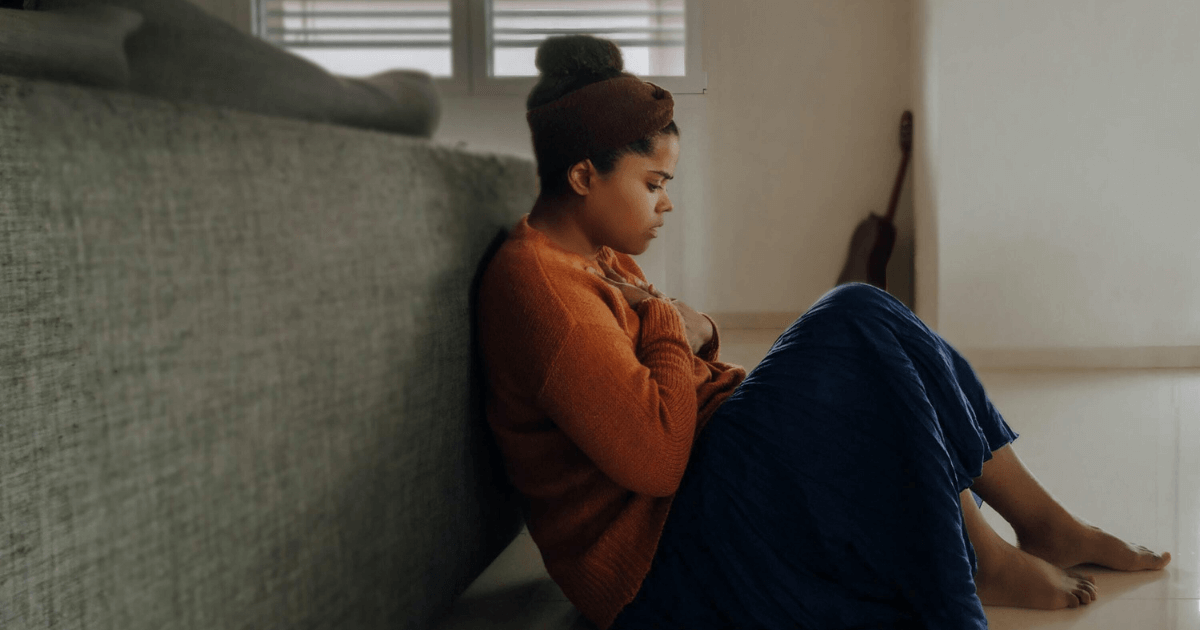The COVID-19 pandemic has significantly impacted the mental health of teenagers in India.
Anxiety is a growing concern amongst teenagers in India. It is an experience that everyone goes through at certain points of their life. If it is excessive and interferes with daily activities then it is diagnosed as anxiety disorder. As per the study given by National Institute of Mental Health and Neuro Sciences (NIMHANS), the anxiety disorder is the most common among teenagers nowadays. In India itself there is widespread prevalence of mental disorders amongst teenagers.
Anxiety is a normal emotion that everyone experiences at some point in their life. However, when anxiety becomes excessive and interferes with daily activities, it can be diagnosed as an anxiety disorder. Anxiety disorders are the most common mental health disorder among teenagers and according to a study by the National Institute of Mental Health and Neuro Sciences (NIMHANS), the prevalence of anxiety disorders amongst teenagers in India is on the rise.
One of the main reasons for this increase in anxiety amongst teenagers is the pressure to perform academically. With the increasing competition to get into good colleges and universities, many teenagers feel immense pressure to excel in their studies. This pressure causes negative impacts like stress and anxiety to mental health.
Another reason for the growing anxiety concerns amongst teenagers in India is the impact of social media. Social media platforms have become a major part of teenagers’ lives and can contribute to feelings of anxiety and depression. The constant urge to be a part of social media and the pressure to present a perfect image can lead to feelings of self-doubt and insecurity among young people.
Additionally, the COVID-19 pandemic has significantly impacted the mental health of teenagers in India. The lockdowns and social distancing measures have led to isolation, and the uncertainty of the future has added to the anxiety and stress felt by teenagers. Anxiety can manifest in various ways, and the symptoms may vary depending on the individual and the specific type of anxiety disorder. Some common symptoms of anxiety among teenagers include:
- Constant worry and fear
- Physical symptoms such as headaches, stomach-aches, and fatigue
- Difficulty concentrating
- Irritability
- Avoiding social situations
- Difficulty sleeping
Cognitive-behavioral therapy (CBT) is an effective intervention for anxiety disorders. CBT focuses on identifying and changing negative thought patterns and behaviors that contribute to anxiety.
Interventions for anxiety among teenagers
The first step in addressing anxiety among teenagers is to seek professional help. A well versed mental health professional can assess the teenager’s symptoms, make a diagnosis, and develop a treatment plan. Cognitive-behavioral therapy (CBT) is an effective intervention for anxiety disorders. CBT focuses on identifying and changing negative thought patterns and behaviors that contribute to anxiety. This therapy can help teenagers learn new coping mechanisms and develop skills to manage their anxiety.
Another effective intervention is mindfulness-based therapy. Mindfulness-based therapy encourages teenagers to focus on the present moment and to observe their thoughts and feelings without judgment. This can help teenagers develop a better understanding of their anxiety and learn how to manage it. It is important that parents, educators, and healthcare professionals work together to address this growing concern. Supportive and open communication, emotional support, and encouraging physical activities are some ways to help teenagers cope with anxiety.
In conclusion, anxiety is a growing concern among teenagers in India. With the right interventions, teenagers can learn how to manage their anxiety and lead a healthy and fulfilling life.
Composed by: “Kashish Behl is a Clinical Psychologist and well versed in psychotherapy, counselling and psychometric assessments for adults and adolescents. Apart from this she is also a mental health/wellbeing trainer who has experience of conducting various workshops around mental well-being on aspects such as positive psychology, coping, stress management, work-life balance, psychological first aid, building resilience, working with emotions etc.”

